Irish Norman Surnames.
Do You Have Irish Norman Surnames in Your Family Tree? Let's have a look at just a few - see if any jump out to you!
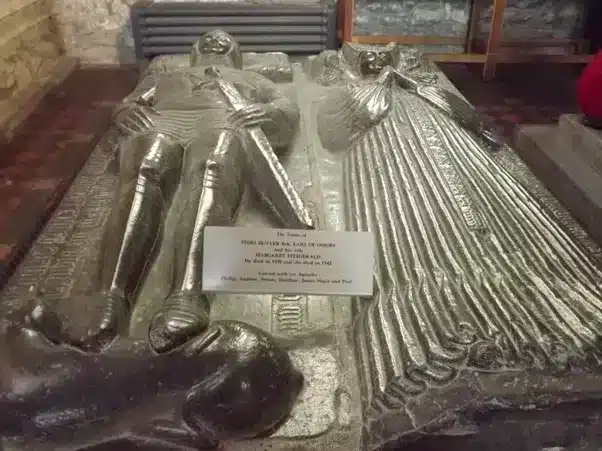
When we hear the word “Norman” in Ireland today, we often think of the “Anglo-Norman” invasion of Ireland in 1170 that we learned about in school.
Many of my own friends today have Norman surnames – Roche, Barry, Fitzgerald and so on. We attended the same classes in school, played for the same teams and shared a lot of growing up together.
But where did our Norman ancestors come from? To find out, we need to go back to another time and country.
The Norman Homeland.
By 876 AD, the Viking “threat” was well established over much of Europe. Many Vikings were launching raiding parties from their Norwegian home – returning home with the spoils for later trade.
Around this time, a man called Harald Finehair was asserting himself as the first true King of Norway. Not all were happy with his approach – including a man called “Hrolfr” (later known as Rollo). Rollo was the leader of a band of Vikings who were together for over 20 years – raiding and extorting tribute on many shores across Britain, Ireland and France.
On the 17th of November, 876 – Rollo and his men arrived in the north-west part of France – around the modern city of Rouen. This time they had no home in Norway to which to return. They were looking for a territory in which to settle and use as a base for further raids.
They were looking for a new place to call home.
Over the next forty years, this band of Vikings carried out raids from this new base – and sent a clear message to the local rulers that they saw this territory as their new home. Charles, King of the Franks, pragmatically decided to formalise this territory as the new homeland of the group and the “Duchy of Normandy was established with Rollo as the first Duke of Normandy.
The Norman Way of Life.
The land in Normandy was a huge improvement on the old farmlands in Norway. The Norman focus was on the cultivation of grain (unlike the cattle focus in Ireland) – and the rich, heavy soil of Normandy could yield four times more than the stony soil of Norway.
Over the next one hundred and fifty years, the Normans settled down with their new neighbours. They strategically intermarried and made alliances – and also copied the French hierarchy headed by a class of nobility.
But one aspect of Viking ancestry that the Normans were slow to lose was a restless ambition. A desire to expand beyond their present boundaries and gather more material possessions, land, power and glory. The Normans could back up their individual ambition with the power of feudalism, farming and fighting technology, God on their side – and their use of the castle.
Expansion Beyond Normandy.
Over the course of one hundred and fifty years – from 1047 to 1200 – this Norman ambition and capability triggered one of the most extraordinary expansions of power from such a small area.
During that time, Norman Knights had successfully been “invited into” or invaded Britain, Sicily, Ireland and started the first crusades to the near east where they established many more strongholds – all of which were consolidated with the winning and granting of land, building of castles and establishment of a new feudal order in each locality.
In 1035, Duke Robert of Normandy was killed on the return from one of these first crusades. And his son, William gradually assumed his power and title. In 1066, the King of England at the time – Edward the Confessor died. William of Normandy had a distant claim to the throne of England and was ready to assert his claim.
By September, 1066 – Williams forces were ready to invade England and take what he considered to be his rightful place on the throne of England. His boats, knights, warhorses, archers and soldiers numbered in their thousands. They set sail in October and met the English army at Hastings on the 14th of October, 1066. After a full day of matched and ferocious fighting, William had won the crown of the Kind of England. A hierarchy of just ten thousand Norman knights went on to replace the aristocracy of England – with William, now William the Conquerer, at their head.
Five generations later, the descendants and vassals of this aristocracy formed the main part of the invasion of Ireland from Wales in 1170. The Normans would bring their fighting, farming and feudal technology with them – as well as an insatiable ambition – and shape much of what we see around us in the Irish landscape and politics. Even to this day.
Irish Norman Surnames.
Norman naming conventions were typically the same as many Irish naming conventions – only derived from French.
- Son of – Fils – phonetically became “Fitz” e.g. Fitz Gerald
- Of/From – de – e.g. de Bari – which in Ireland became de Barra and eventually Barry.
- Nickname/Role – le – e.g. le Gros – or the fat one. Another famous Irish role name was FitzWalter which assumed the role (and surname) of Butler in Ireland.
The Norman-derived names that we have on our Reader list include:
Archdeacon,/Cody, Aylward, Barron, Barrett, Barrie, Barry, Bermingham, Blake, Bluitt, Bonds, Bourke, Brannagh, Brett, Britt, Britton, Brown, Browne, Burke, Brew, Bryan, Butler, Campion, Cantillon, Cantwell, Carew, Chambers, Claire, Clare, Codd, Cody ,Cogan, Colfer, Condon, Comerford, Cooney, Courcey, Crosbie, Crozier ,Cullen ,Cummiskey, Cusack,
Dalton, Darcy, D’Arcy, Day, Dillon, Fagan, Field, Fitzgerald, Fitzgibbon, Fitzhenry, Fitzsimmons, Fitzsimons, Fitzstephens, Fleming, Flemming, Francis, French, Furlong, Gibbons, Grace, Griffin, Griffith, Hackett, Hays,Hussey ,Jordan, Joyce, Keating, Lacey ,Lawless, Liston, Logan, Lucey, Lynch, Lyons, Marshall, Martin, McQuillan, Molyneux, Morris, Morrissey,
Nagle, Nangle, Nugent, Plunkett, Power, Powers, Prendergast, Punch, Prior, Purcell, Redmond, Rice,Roach, Roberts, Roche, Rochford, Russell, Savage, Sinnott ,Stapleton ,Stephens ,Talbot ,Tyrrell, Wade, Wall, Walsh, Welsh, White, Wolfe ,Wyse.

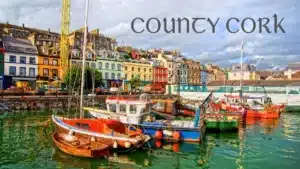
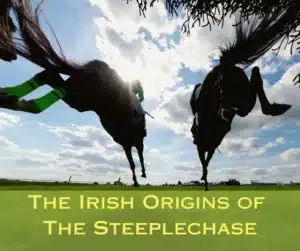
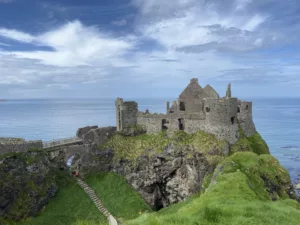

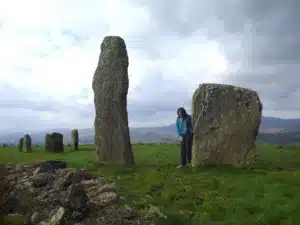
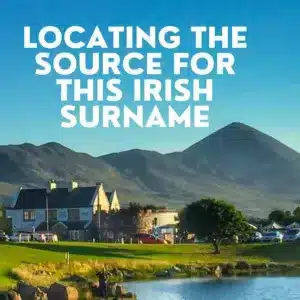
Only Plus Members can comment - Join Now
If you already have an account sign in here.